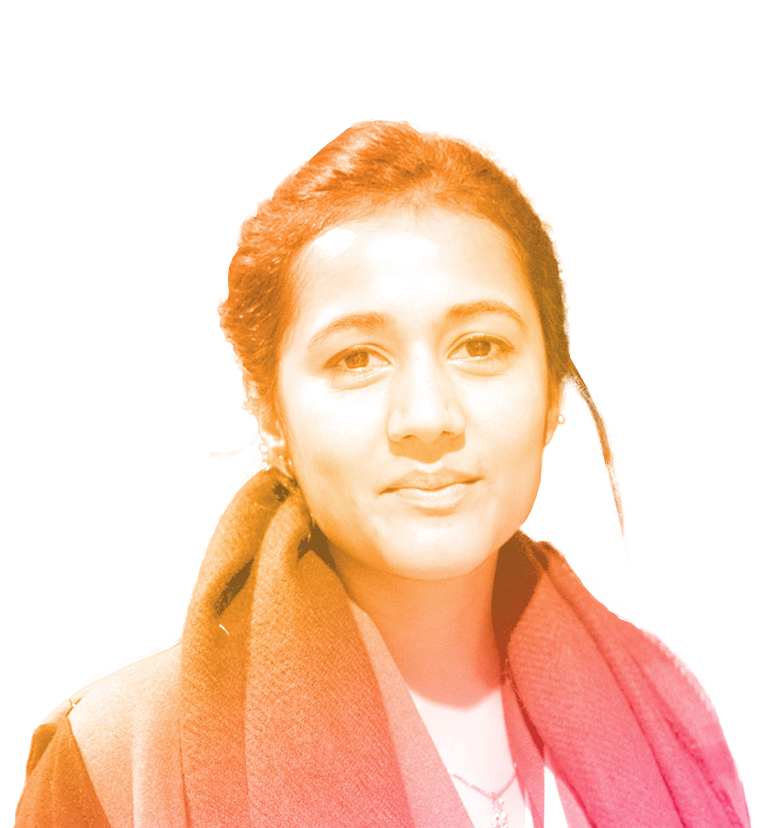Can we reimagine FAIR for building communities in open science?
Malvika Sharan - Research Associate, The Alan Turing Institute and Co-founder, Open Life Science
Different stakeholders in research contribute to open science communities with a shared mission of making scientific knowledge freely available for public access. However, most of these communities operate independently of other initiatives, either lacking the capacity to build meaningful collaboration or competing for limited resources. This often results in scientific outputs that most users can find, but not access, build upon or reuse in their local contexts. In this talk, I invite you to reimagine if FAIR [1] guiding principles can be applied for building and supporting open science communities. Can this practice be extended for cross-community collaboration, knowledge exchange and sharing resources? I will discuss how intentional connections between community-led efforts benefit the larger open science ecosystem by enabling sustainable development, maintenance and reuse of community resources. Bringing examples from my work in The Turing Way, Open Life Science and other initiatives, I will further highlight the irreplaceable importance of ‘people in open infrastructure’ — those who facilitate FAIRness through inclusive approaches in open science communities.
 "
" Malvika Sharan
Malvika Sharan is the community lead of The Turing Way project at The Alan Turing institute that is an open source community and guide for reproducible and collaborative data science. She involves and supports a diverse community of contributors - helping them adopt best practices in their research and collaborate within The Turing Way.
She is a co-founder of Open Life Science, a mentoring and training programme that empowers researchers to integrate open science in the context of their communities. She is a Software Sustainability Institute fellow, Open Bioinformatics Foundation board member, and an active contributor of open source community projects.
She is interested in collaborative development approaches, embedding inclusive practices and supporting projects to enhance the diversity of marginalised members in research leadership.